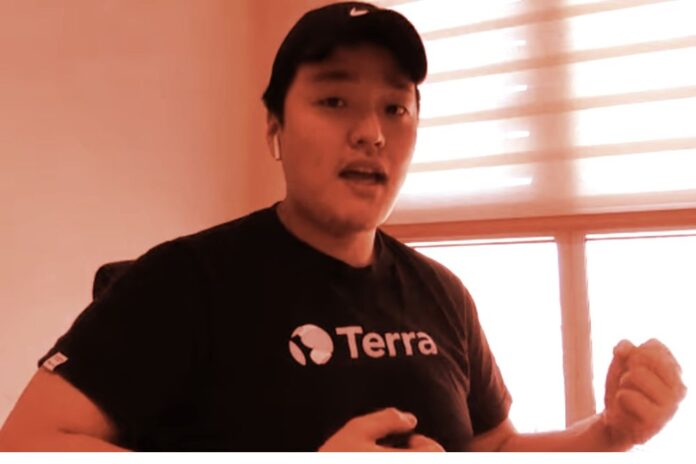Do Kwon, the co-founder and CEO of Terraform Labs, has reportedly amended the proposal for the revival of Terra blockchain, while a vote on whether it should be implemented is still in progress.
After the collapse of Terra (LUNA) and TerraUSD (UST) stablecoin, Do Kwon proposed the rebirth of LUNA without UST, which will create Luna (LUNA) 2.0 tokens on a new blockchain.
Although a huge part of the community members, including Binance CEO CZ, see massive LUNA tokens burn as the best solution, he sees hard forking as the only viable option.
Read Also: Mike Novogratz Breaks Silence on Terra Collapse, Speaks on Galaxy Digital’s Investment in LUNA
Do Kwon Amends His Terra 2.0 Proposal
Today he amended the proposal despite the fact that the original plan is currently going through an on-chain vote. While this so-called “rebirth” proposal still stands, Kwon stated that he edited a few distribution parameters to accommodate community feedback.
Do Kwon noted:
“Some details of the token allocation have been modified in the proposal to accommodate community feedback – changes and reasoning outlined here. The proposal body has also been edited to reflect the changes in the amendment. If you’ve already voted and disagree with the changes, please vote “No” – you have 5 more days to do so.”
The first change reduces the distribution of LUNA 2.0 tokens to UST holders who has their tokens staked on Anchor when the depeg happened. Their distribution share was reduced from 20% to 15%.
Read Also: Terra (LUNA) Supply Nears 7 Trillion, Can LUNA Still Reach $1?
The second alters the vesting schedule for two of the stakeholder categories that have been proposed to receive a share of the new tokens. Here, Kwon increased the initial token unlocks of allocations of LUNA 2.0 tokens from 15% to 30%, with the remaining 70% locked for a two-year vesting period.
Proposal Amendment Unusual During an On-Chain Vote
It’s unusual for a proposal to be amended amid an on-chain vote. The changes initiated by Kwon have led some to question the validity of the proposal. Any change intended for a proposal is usually done beforehand and not during the vote.
FatMan, a pseudonymous Terra analyst pointed out that a new proposal should emerge with a fresh vote.
FatMan tweeted, “What the hell? How can you make significant amendments to a proposal *mid-vote* when most people have already voted (for the original document)? A new proposal in Terra Station should be made with a fresh vote. This is not cool. (No comment on the changes – just the execution.)”
What the hell? How can you make significant amendments to a proposal *mid-vote* when most people have already voted (for the original document)? A new proposal in Terra Station should be made with a fresh vote. This is not cool. (No comment on the changes – just the execution.) https://t.co/SeFpc78Sab
— FatMan (@FatManTerra) May 20, 2022
Read Also: Ethereum’s Vitalik Buterin: Terra Should Prioritize Smallholders in Any Proposed Reimbursement Plan
Terra Investors Alleged Ongoing Voting Is Being Rigged By Do Kwon
Kwon’s original proposal went to a validator vote about two days ago. And negative reactions have been trailing the voting process since it went live.
According to data on Terra Station, out of the 185.26 million votes recorded so far, 147 million votes are in favor of the proposal (77.52%), while “No with Veto” takes 17.64% of the total votes.
Due to the massive margin between “Yes and No”, some Terra investors who oppose the creation of a new blockchain are alleging that the voting process is being rigged by Kwon.
It should be noted that if the ‘no with veto’ percentage crosses 33.4%, the entire proposal would be scrapped without considering the whopping margin.
Follow us on Twitter, Facebook, Telegram, and Google News



